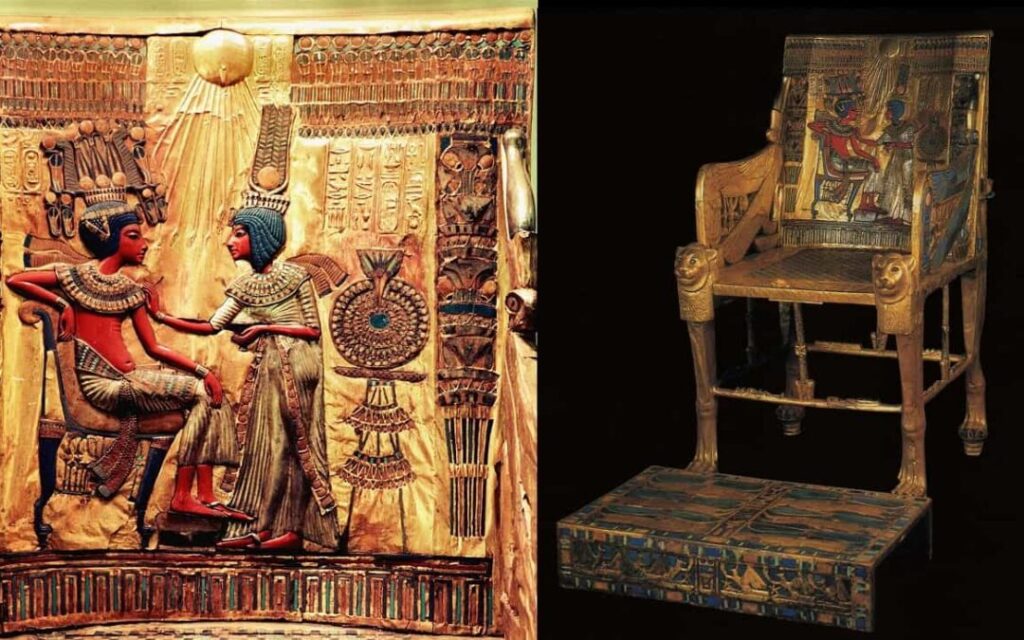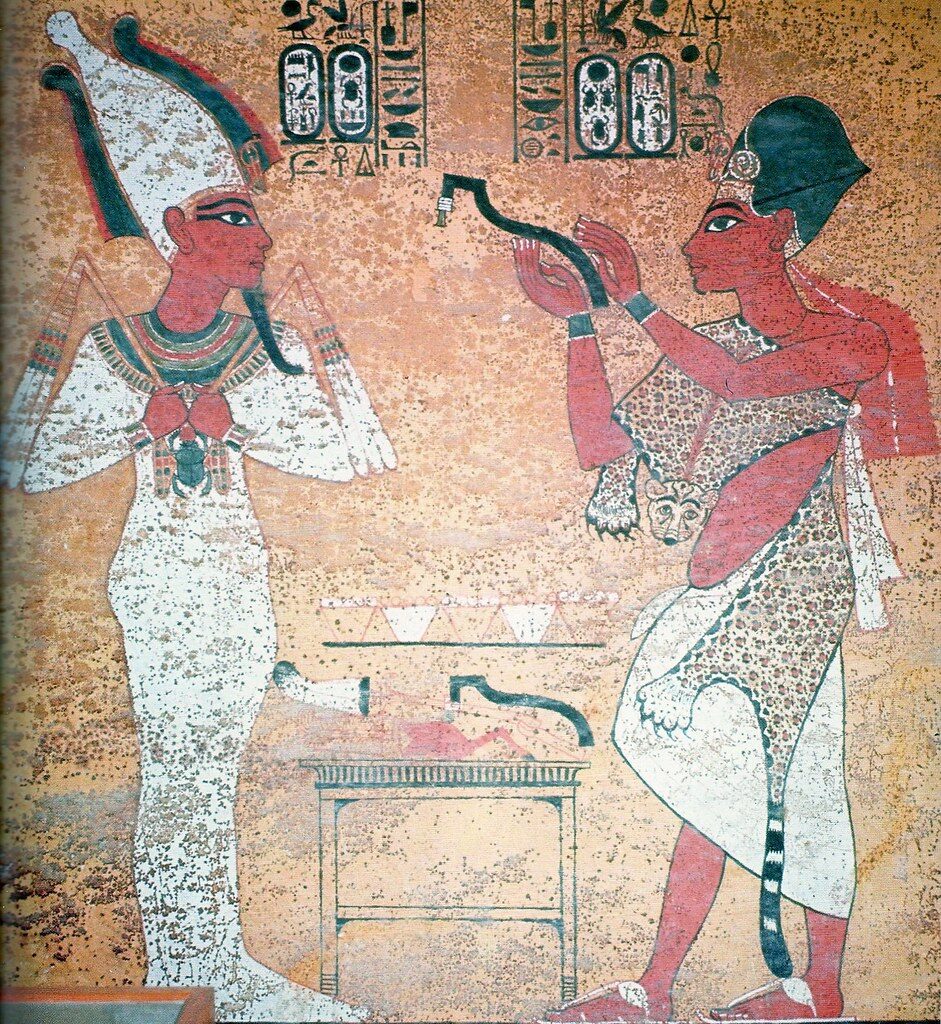When King Tutankhamun became King of Egypt at the tender age of eight he inherited a kingdom in chaos. His father’s religious revolution had upended the traditional social structure and enraged the old priesthood. In those early years of his reign Tutankhamun was clearly guided by his advisors to lead a restoration of the old ways. But did hose advisors get a little too comfortable with power? When Tutankhamun suddenly died at the age of 18, one of those advisors quickly slid into the role of Pharaoh. Was this a cleverly orchestrated palace coup? Or have some Egyptologists become too invested in a murder mystery of their own making? Tune-in and find out how vengeful cobras, Disney’s Aladdin, and an ancient international incident all play a role in the story.


Works Cited
Brier, Bob. Tutankhamun and the Tomb That Changed the World. 1st ed., Oxford University Press, 2022
Brier, Bob. “The History of Ancient Egypt.” The Great Courses. The Learning Company, Audible, 2013.
Carter, Howard. The Tomb of Tutankhamen. Barrie & Jenkins, 1972.
Eaton-Krauss, Marianne. The Unknown Tutankhamun. Bloomsbury Academic, 2016.
Hawass, Zahi A. Discovering Tutankhamun : From Howard Carter to DNA. The American University in Cairo Press, 2013.
Luckhurst, Roger. The Mummy’s Curse : The True History of a Dark Fantasy. Oxford University Press, 2012.
Tyldesley, Joyce A. Tutankhamen’s Curse : The Developing History of an Egyptian King. Profile, 2012.

